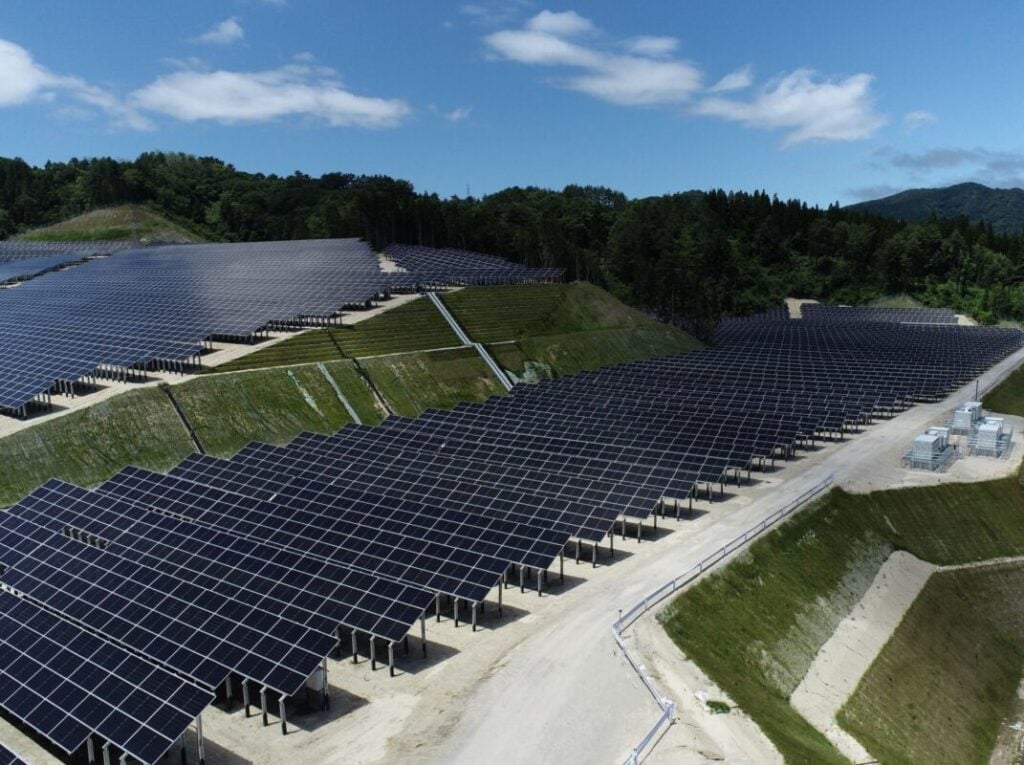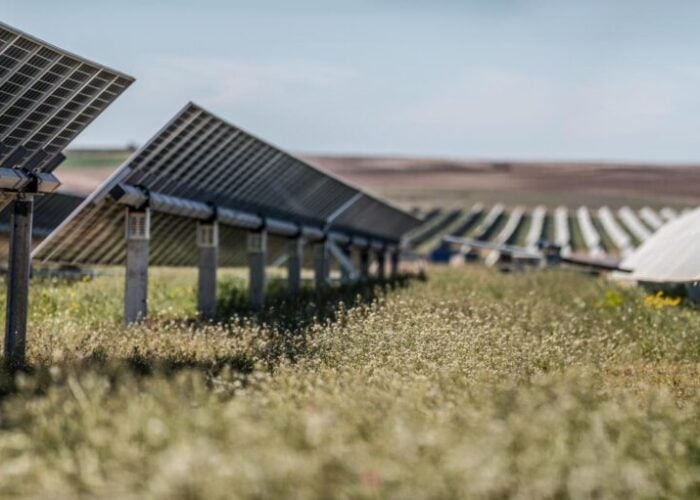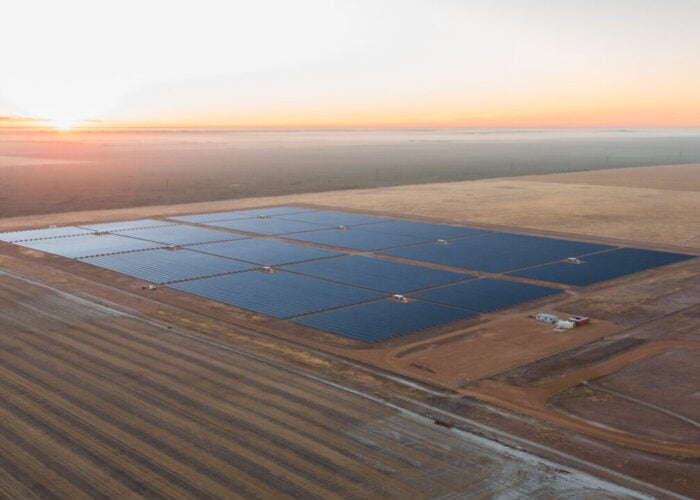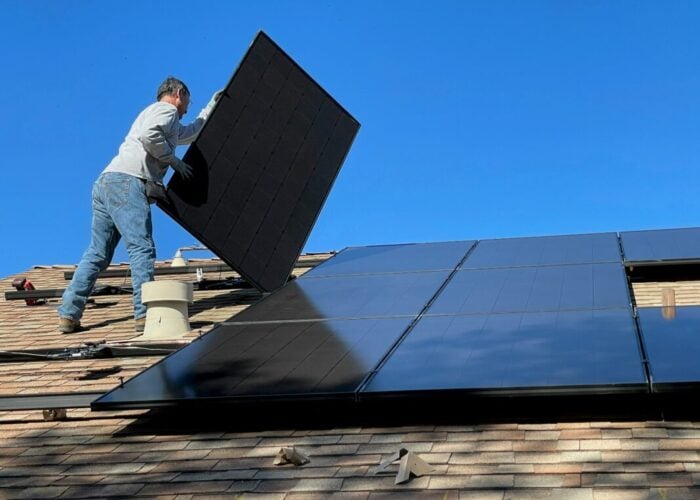
Vena Energy and Shell Eastern Trading have secured conditional approval from the Energy Market Authority of Singapore (EMA) to export 400MW of solar PV from the Riau Islands in Indonesia to Singapore.
The approval is a direct outcome of a collaborative pact inked between Vena Energy and Shell in August 2023. The venture centres around Vena Energy’s proposed 2GW hybrid project.
Try Premium for just $1
- Full premium access for the first month at only $1
- Converts to an annual rate after 30 days unless cancelled
- Cancel anytime during the trial period
Premium Benefits
- Expert industry analysis and interviews
- Digital access to PV Tech Power journal
- Exclusive event discounts
Or get the full Premium subscription right away
Or continue reading this article for free
According to Vena Energy, the project will generate 2GW of energy from solar PV, alongside 8GWh of utility-scale battery energy storage systems (BESS). In total, the project will generate over 2.6TWh of green energy annually.
This will ensure Singapore gains access to dispatchable green energy. With a semi-firm supply, this project is poised to play a pivotal role in Singapore’s journey towards a low-carbon future.
Nitin Apte, CEO of Vena Energy, expressed the company’s dedication to aiding Singapore in meeting its renewable energy goals while simultaneously fostering the growth of a renewable energy manufacturing supply chain within Indonesia.
“Vena Energy is committed to supporting Singapore in achieving its renewable energy targets whilst also supporting the development of a renewable energy manufacturing supply chain in Indonesia, Apte said.
“This project serves as a model of cooperation between Singapore and Indonesia, generating valuable investment opportunities and propelling both countries towards a more sustainable and prosperous future.”
Echoing this sentiment, Aw Kah Peng, chairman of Shell Companies in Singapore, celebrated the partnership’s achievement in gaining EMA’s condition approval for the project.
“As demand for energy continues to grow, the world must transition to low-carbon energy in a balanced way to achieve net zero emissions. The import of renewable energy from neighbouring countries will diversify Singapore’s energy mix and support the longer-term realisation of an ASEAN power grid,” Peng said.
For countries like Singapore, which have high energy demand but little land to accommodate renewable energy generation, getting energy across borders from places like Malaysia or Indonesia, which have ample land and solar resources, could be vital in decarbonisation and modernising the grid.
Because of this, Singapore has been working on establishing a number of power corridors with other countries, including the AAPowerLink project in Australia. The Australian project aims to deploy between 17GW and 20GW of solar PV capacity and between 36.42GWh and 42GWh of energy storage via a 4,300km subsea cable.
It should also be noted that the Indonesian government also aims to install nearly 265GW of solar PV capacity by 2050, a goal that will not only help to meet the country’s energy demand, but also to provide electricity for exporting.






